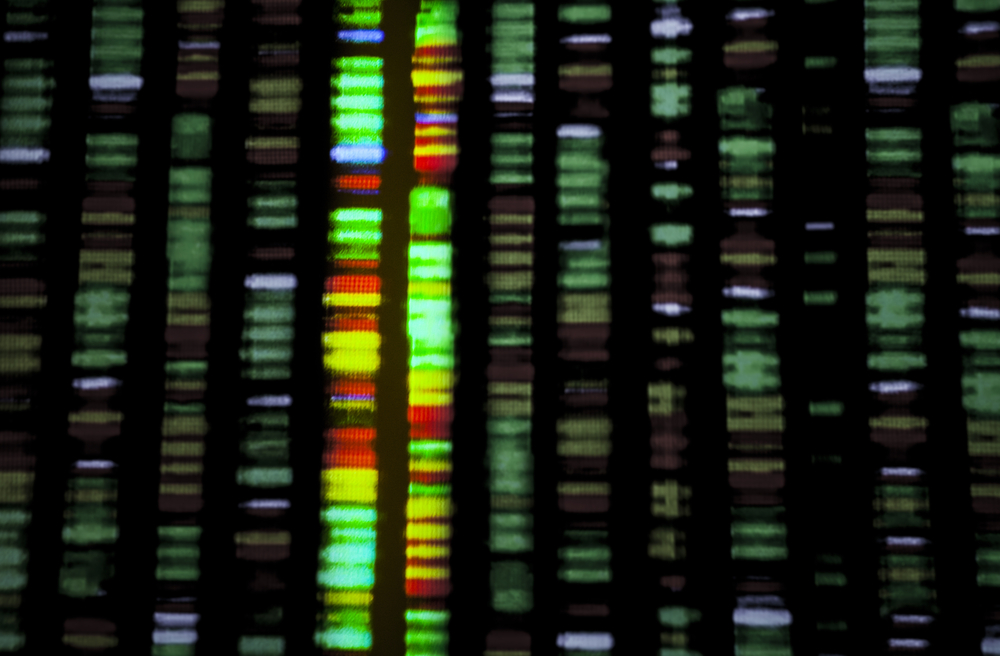Novel Gene Therapy for Friedreich’s Ataxia by AAVLife Granted US Patent
Written by |

Gene-therapy specialist company, AAVLife, recently acquired a patent from the United States Patent and Trademark Office for an experimental treatment of cardiomyopathy caused by the genetic disorder, Friedreich’s ataxia, which affects the nervous system and causes movement problems. People with this condition develop impaired muscle coordination (ataxia) that worsens over time and commonly die of cardiovascular complications.
The newly issued patent broadly covers a potentially groundbreaking approach to treat cardiomyopathy that makes use of an adeno-associated virus (AAV) vector to intracellularly deliver the gene expressing the protein frataxin. The patent will be valid until 2033, with the option to extend. Similar patent applications in other territories are currently under review. This patent also protects the commercial potential of the Company’s flagship development program on Friedreich’s ataxia
The company now owns exclusive international license to US Patent 9,066,966, as stipulated by an agreement with Inserm Transfert, the technology-transfer arm of Institut National de la Sante et de la Recherche Medicale (Inserm).
“As this recently issued patent indicates, AAVLife is building strong intellectual-property protection at the same time we are steadily progressing our R&D toward an urgently needed therapy,” said Amber Salzman, chief executive officer of AAVLife.
Preclinical administration of the AAV vector in animal models of Friedreich’s ataxia showed success in restoring cardiac function and reversal of disease-related heart enlargement. The company plans to further preclinical testing while conducting observational studies on Friedreich’s ataxia patients to better plan for anticipated future clinical trials.
This fatal, genetic disease is estimated to affect about 10,000-20,000 people across the United States and Europe. To this date there are still no approved therapies.
The patent holders are Inserm, Centre de la Recherche Scientifique, Université de Strasbourg, Cornell University, Université Paris-Sud XI, and Assistance Publique-Hopitaux de Paris.





